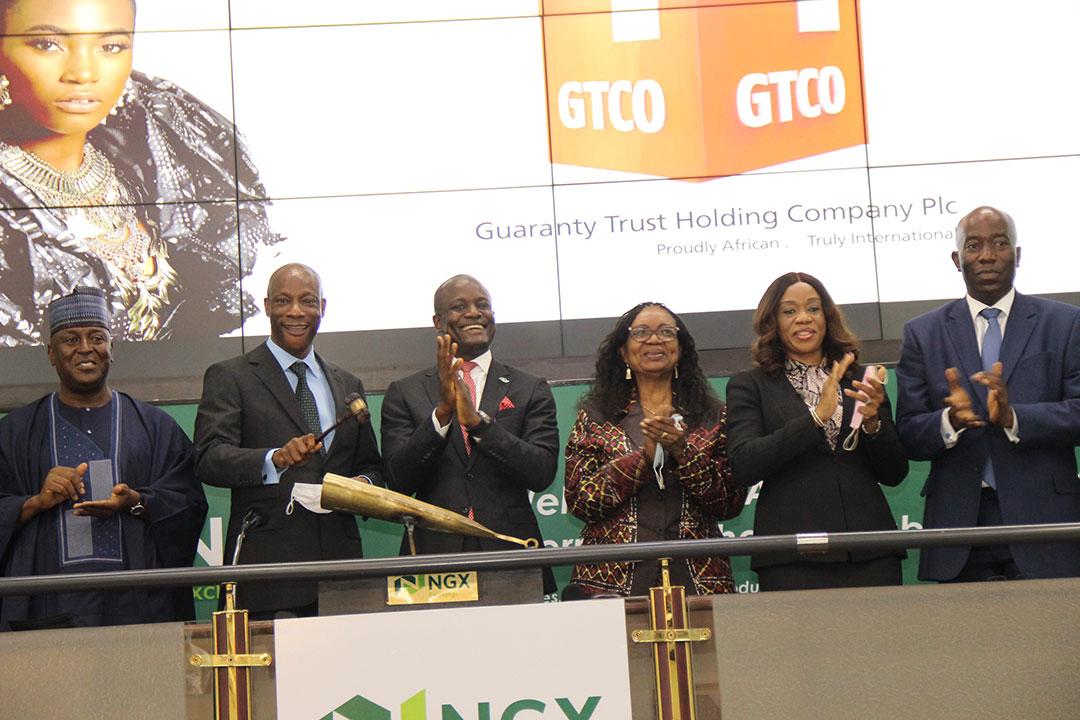- FG Okays $1.5m Loan for Lagos-Abidjan Highway
The Federal Executive Council on Wednesday approved the plan by the Federal Government to get $1.5m loan from the Africa Development Bank to be spent on the Lagos-Abidjan Expressway.
The Minister of Finance, Zainab Ahmed, disclosed this to reporters at the end of the council’s meeting presided over by President Muhammadu Buhari.
She said, “Today (Wednesday), the Ministry of Finance went to council to obtain approval for a loan of $1.5m from the African Development Fund to finance the multinational Abidjan-Lagos corridor highway development project study.
“The multinational project that is running on the Abidjan-Lagos corridor will be a highway project that will be in six lanes, a dual carriageway highway that will involve five countries, the Federal Republic of Nigeria, the Federal Republic of Benin, Republic of Cote d’Ivoire, Republic of Ghana and the Togolese Republic.”
Ahmed added, “At the 42nd ordinary session of the Heads of State meeting of the ECOWAS countries in 2013, this project was discussed and approved; the African Development Bank in 2016 approved the total sum of $13.5m for the whole of the project to finance the study in the form of a loan as well as grant.
“So, this $13.5m has been distributed among the participating countries and the component for Nigeria is $1.5m.
“The FEC has approved that we accept this facility so that the project study can be commissioned towards the planning of the execution of the highway project itself.”
The council also approved a contract for the rehabilitation of the Lagos-Badagry Expressway, specifically the 46km section from Agbara through Badagry to the Seme Border.
The Minister of Power, Works and Housing, Babatunde Fashola, disclosed this to reporters.
Fashola said the approval for the rehabilitation of the road excluded the part under contract by the Lagos State Government from Eric Moore to Okokomaiko.
He stated, “Council approved 46 kilometres from Agbara through to Seme Border. And out of that 46 kilometres, 24 kilometres will be six lanes and 22 kilometres will retain the current four lanes without expansion of the three construction and the contract price is N63.023bn.
“Just for clarity, this road is part of the Lagos/Abidjan highway corridor, so the Nigerian section is the Lagos, Eric Moore to Badagry to Seme Border. So, we are constructing our part.
“Ghana have done theirs, I think Ivory Coast have done theirs too, Togo and Benin have something in place. Some of them have to move because of coastal erosion by the Atlantic Ocean and how to reintegrate all of that is part of the studies that are been funded by the African Development Bank and also how to ensure single and efficient border control.”
Fashola also said the council approved the construction of the road linking Gwarzo to Karaie in Kano State, a 20km project at the cost of N1.029bn.
He stated that the FEC also terminated and re-awarded the contract for the 10 megawatts Katsina Wind Energy Project.
He said the project, with 37 turbines, had 15 already completed, while 22 were in different stages of completion.
According to the minister, the 15 completed turbines are already generating about 4MW of electricity.
He said, “We have decided to terminate the contract and use the balance to pay the local contractor, who has done 15, to install the remaining 22. Council approved that at N121.073m out of the existing contract. So, it is not a new contract. It is so that the contractor can complete the work in the next five months.
“Council also approved the African Trans Sahara highway project from Algiers to Lagos. The Nigerian section is the Lagos to Katsina border side, which transverses Ibadan, Oyo, Ogbomosho, Ilorin , Katsina, Abuja, Kano etc.”


 Naira4 weeks ago
Naira4 weeks ago
 Billionaire Watch4 weeks ago
Billionaire Watch4 weeks ago



 Naira4 weeks ago
Naira4 weeks ago






 Naira4 weeks ago
Naira4 weeks ago


 Naira3 weeks ago
Naira3 weeks ago






 Naira3 weeks ago
Naira3 weeks ago
 Economy4 weeks ago
Economy4 weeks ago


 Naira3 weeks ago
Naira3 weeks ago





















